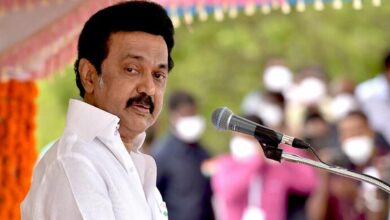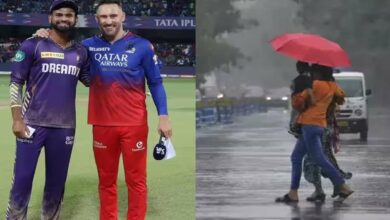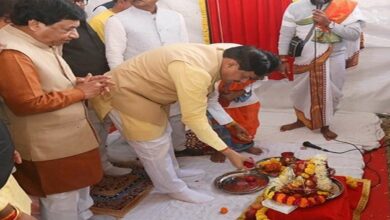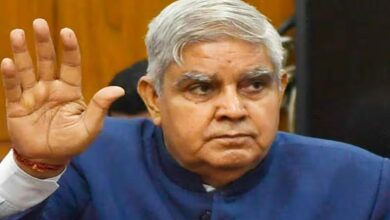26/11 Terror Attack: Former UP DGP Vikram Singh praises Supreme Court for staying extradition of accused Tahawwur Rana
Noida: Former Uttar Pradesh Director General of Police (DGP) Vikram Singh praised the Supreme Court’s decision to deny the extradition stay motion of Tahawwur Rana, the suspect in the 26/11 Mumbai attack. ‘Significant’, the former DGP said, the decision came after high-level talks between US President Donald Trump and Prime Minister Narendra Modi.
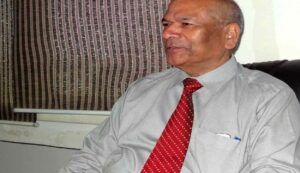
“Prime Minister Modi and US President Donald Trump had high-level consultations before making this important decision. Singh said in an interview with the media that “just a few formalities, like paperwork and diplomatic procedures, remain before this return.”
He said that the Mumbai Police, the Investigation Board, and the National Investigation Agency (NIA) were all ready to question the accused while they were in custody.
He said that Tahawwur Rana’s questioning will make him a crucial player in identifying more intricate terror networks because of his affiliation with Lashkar-e-Taiba.
“The NIA is ready, and when he returns, a number of agencies, including the NIA, IB, and Mumbai Police, will question him in custody. Rana is a crucial player in exposing more intricate terror networks because of his ties to Lashkar-e-Taiba and his friendship with David Coleman Headley, who is still imprisoned in the United States. His questioning once in India would provide vital details on sleeper groups, support systems, and maybe even the identities of Mumbai film industry people who helped Headley with his reconnaissance,” he said.
On April 7, Tahawwur Rana’s appeal for a stay on his extradition to India was denied by the US Supreme Court.
On March 20, 2025, Rana submitted an urgent motion to Chief Justice Roberts to halt his extradition.
The SC ruling dated Monday, April 7, 2025, said, “The application for stay addressed to The Chief Justice and referred to the Court is denied.”
Justice Elena Kagan of the US Supreme Court had already rejected a similar request in March. According to the court’s official website, his plea was shared with the justices of the Supreme Court, who met on April 4.
Rana claimed in his previous application that he would not live long enough to face trial in India for a number of reasons.
Rana emphasised his declining health. He has a tumour that may be bladder cancer, Parkinson’s disease with cognitive deterioration, and a 3.5 cm abdominal aortic aneurysm that is immediately in danger of rupturing. He claims he cannot be placed in a “hornet’s nest” because he would be singled out because of cultural, religious, and national hostility.


